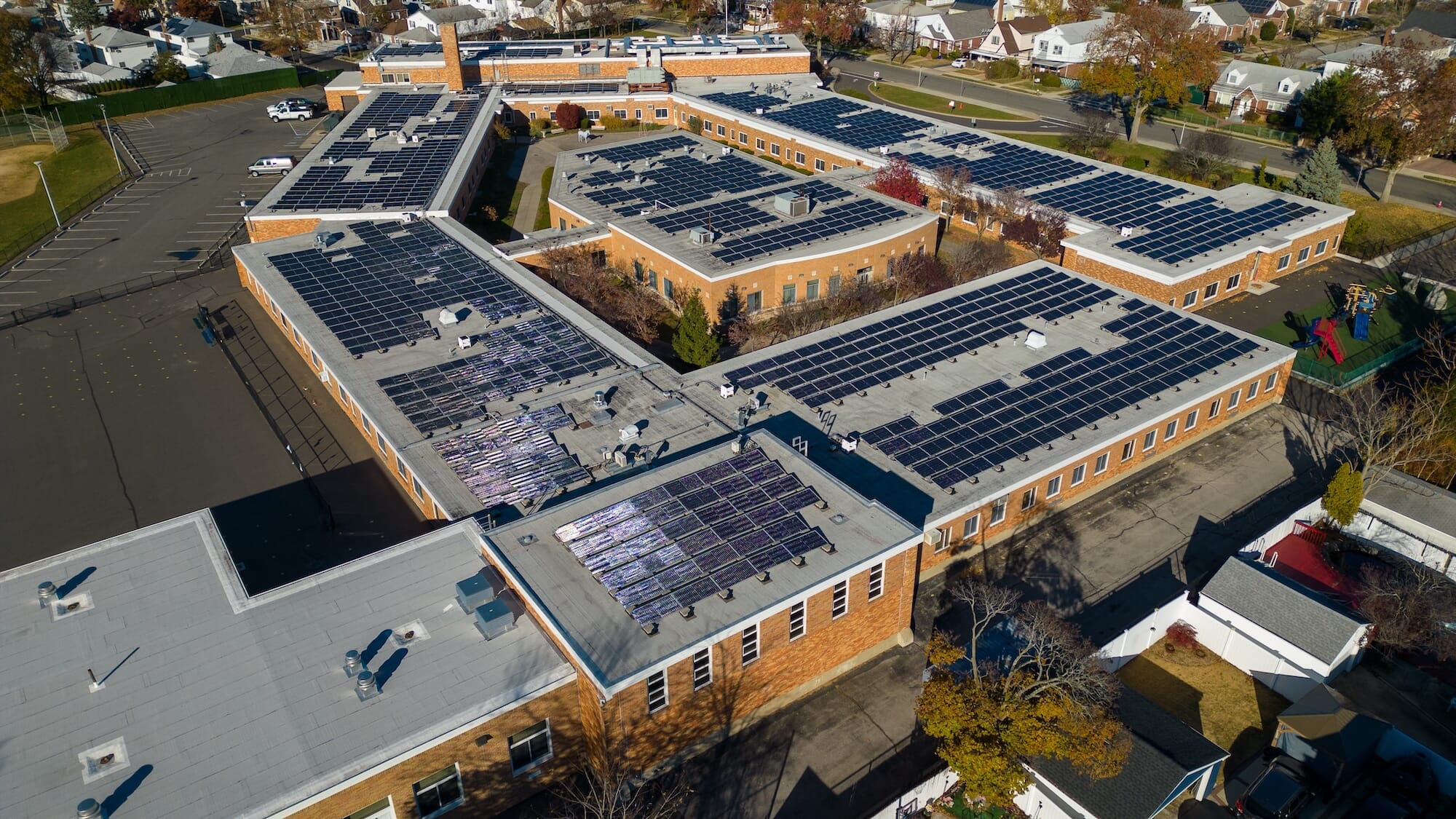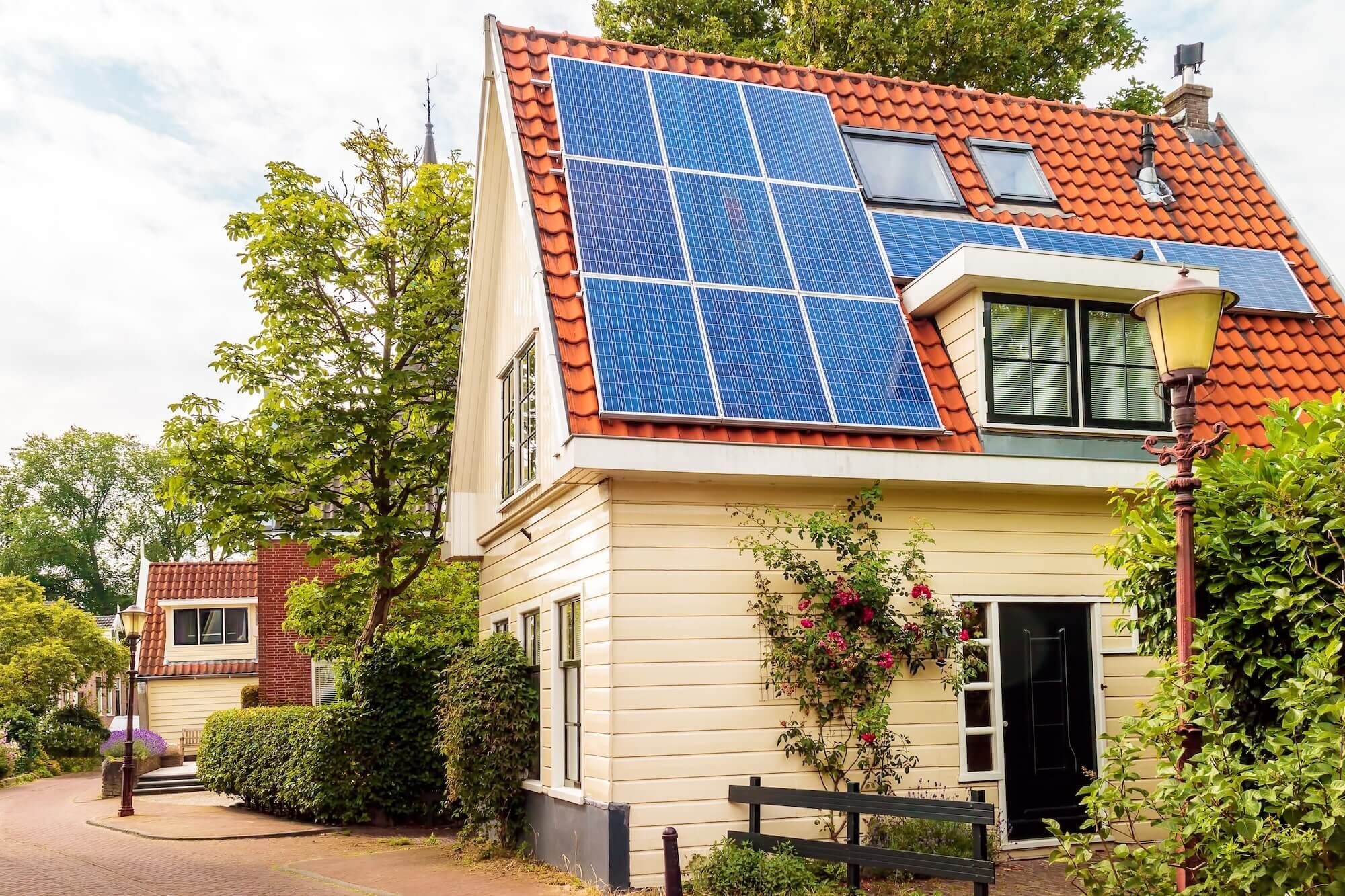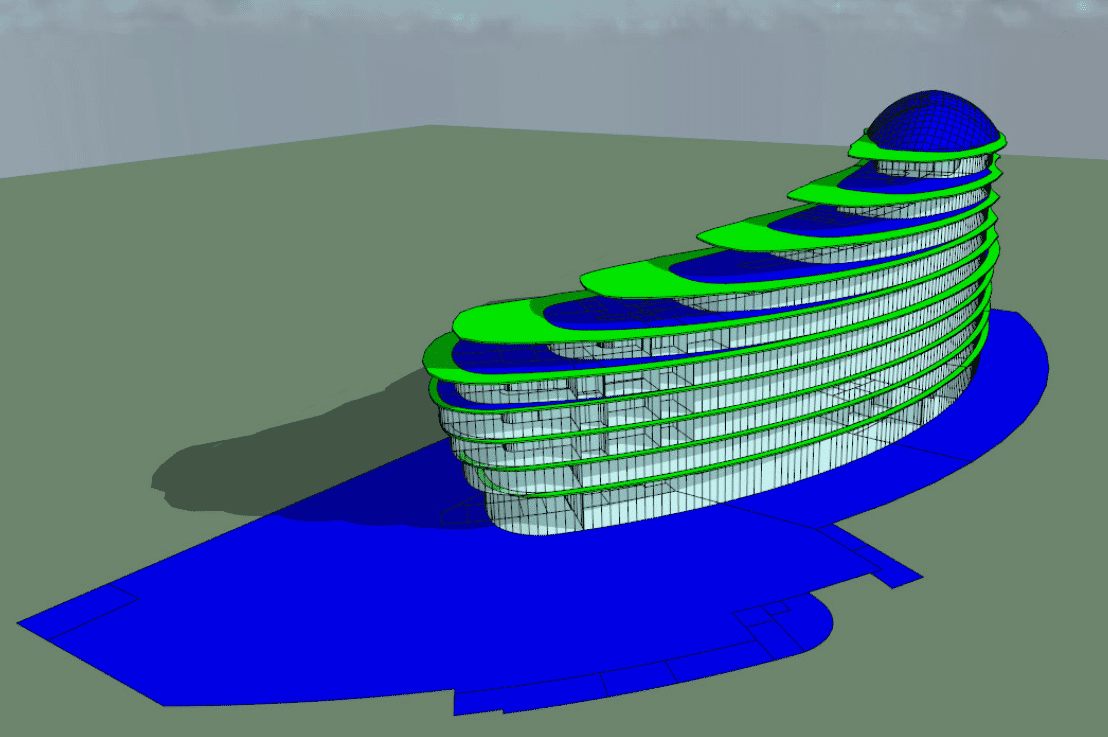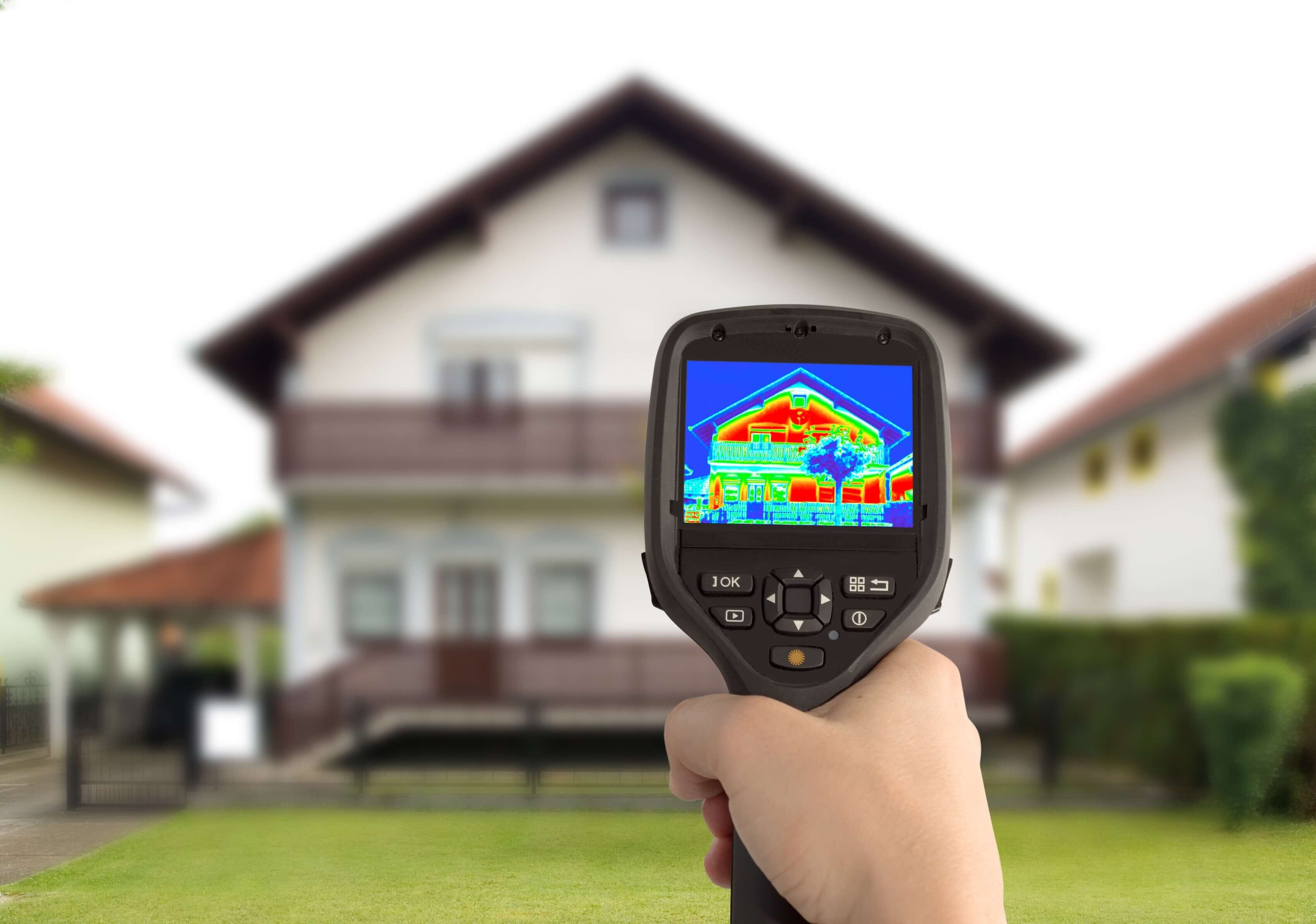Comprehensive energy calculations for all building types






Why choose us?
Encon Associates provides precise Simplified Building Energy Model (SBEM), Standard Assessment Procedure (SAP), and Energy Performance Certificate (EPC) calculation services to ensure your building meets and exceeds the latest energy efficiency and regulatory standards.

SBEM calculations
Powering energy efficiency in non-residential buildings
These assessments are essential for building regulations compliance, helping to inform your overall energy strategy and aid the production of Energy Performance Certificates (EPCs) later down the line.
Our expert SBEM calculations enable developers and architects to comply with Part L of the UK Building Regulations, as well as securing valuable BREEAM credits. Our experienced energy assessors can carry out detailed analysis of a building’s fabric, heating, ventilation, cooling, and lighting systems to determine carbon emission rates. We can then use this data to apply for Energy Performance Certificates, if required.


SAP calculations
Optimising energy performance in residential buildings
They are required for new builds, conversions, and extensions, allowing you to demonstrate compliance with building regulations and aid the production of Energy Performance Certificates (EPCs) later down the line.
Our SAP calculations cover all stages, from the initial building design through to the final “as-built” certification. Our accredited energy assessors can calculate the Dwelling Emission Rate (DER) and Dwelling Fabric Energy Efficiency (DFEE) against the current benchmarked standards, and we even include u-value insulation calculations for each at no additional fee. We can then use this data to apply for Energy Performance Certificates, if required.


EPC services
Measuring energy consumption for all building types
EPCs are required for both residential and commercial properties at the point of construction, sale or rent, allowing prospective buyers or tenants to factor in the building’s projected energy consumption within their living expenses.
Encon Associates provides a comprehensive approach to energy performance certification. Whether you’re looking to sell a new build home or wish to rent out a ground floor flat, our EPC services enable you to demonstrate compliance with all relevant UK regulations, whilst also highlighting potential energy-saving measures that can enhance your overall energy rating.


Easy to contact, practical discussions and quick turnaround
Additional services
We offer a wide array of specialist services that complement our SBEM, SAP, and EPC services and are designed to boost your project’s overall sustainability rating.
From Daylight Calculations and Thermal Modelling to Traffic Assessments and Acoustic Reports, our team provides the technical expertise you need to achieve the highest energy assessment rating possible.
Want to gain environmental credits or need planning advice for your next project?
Call: 0115 987 55 99 or email:
Frequently asked questions about energy calculations
Call: 01159 875 599 or email:






















